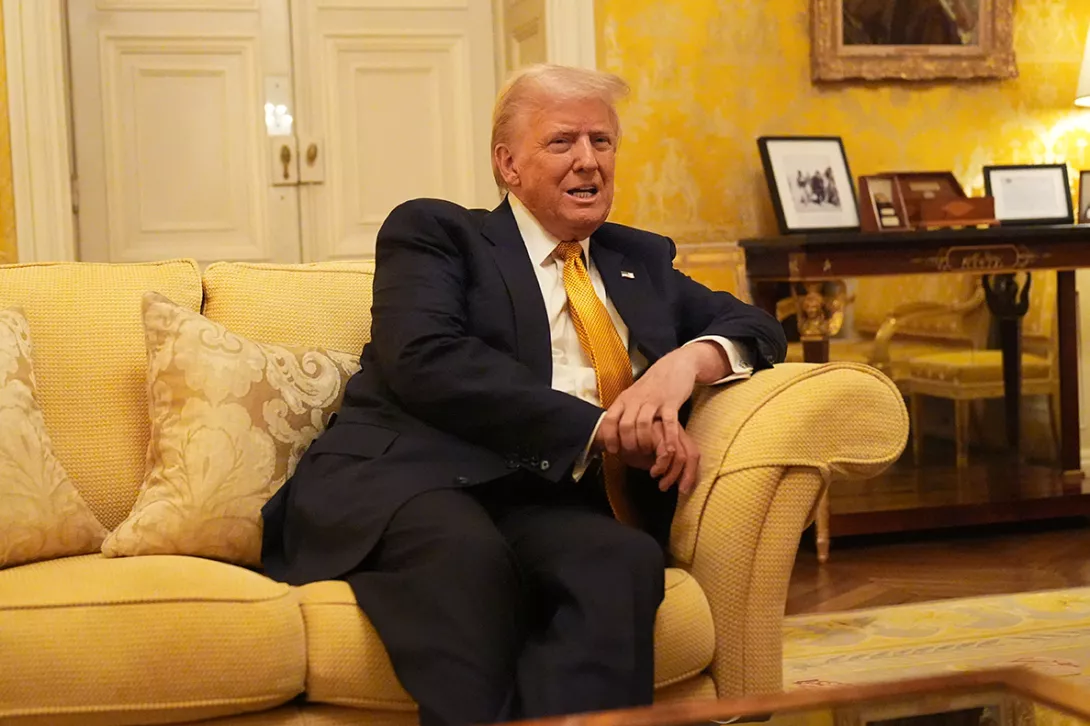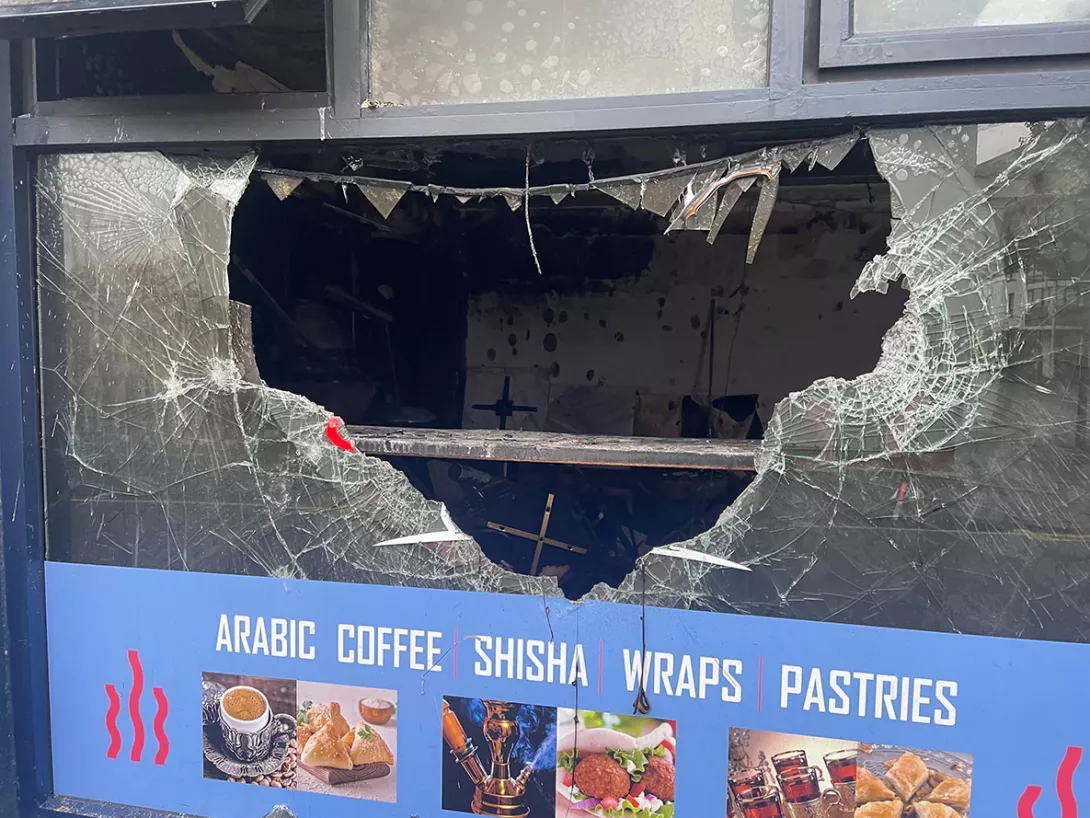How do we deal with the hurt and the triumphalism?
The continuation of an important cross-community festival is threatened by sectarian bravado, argues LYNDA WALKER
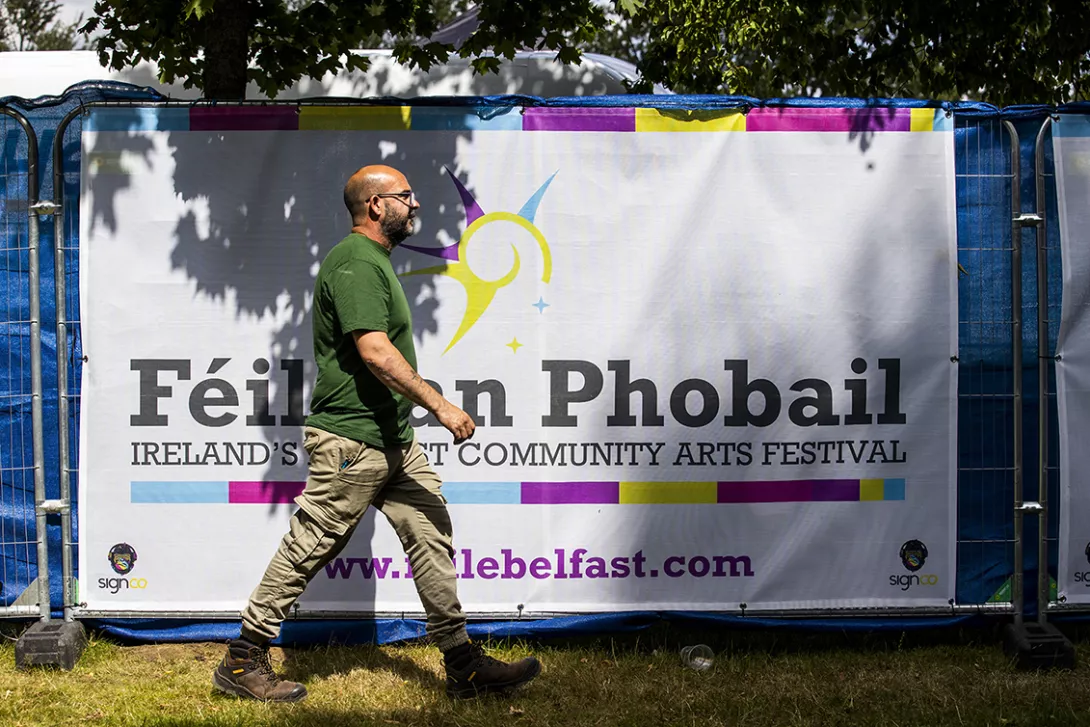
WHEN the Feile an Phobail began 35 years ago, no-one would have imagined that it would become as successful as it has.
It was established as a direct response to the conflict. Its purpose was “to celebrate the positive side of the community, its creativity, its energy, its passion for the arts, and for sport.”
It was also to replace the yearly street violence which took place, protests against internment without trial of Catholic and nationalist men on August 9 1971.
More from this author
LYNDA WALKER writes about Bohemian FC, who are set to welcome the Palestinian Women’s National team for their first ever match in Europe
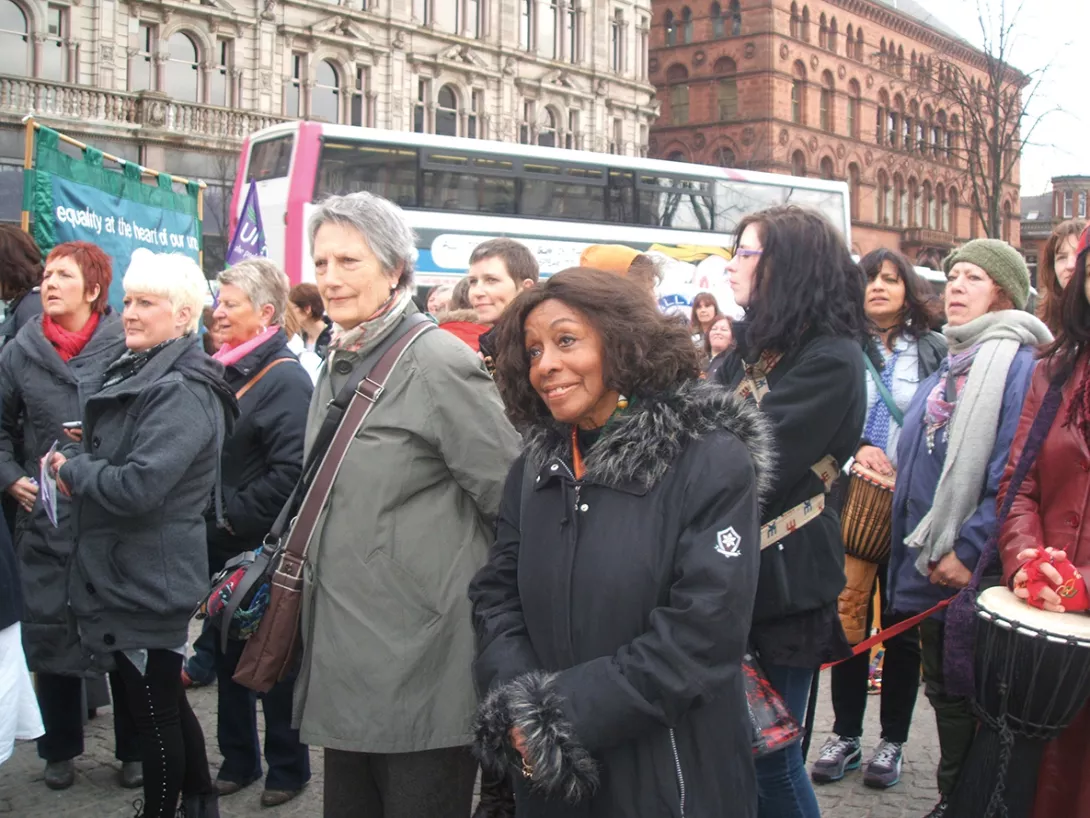
LYNDA WALKER pays tribute to a trailblazing black actor who championed progressive causes, leading to a close relationship with struggles for justice in Ireland
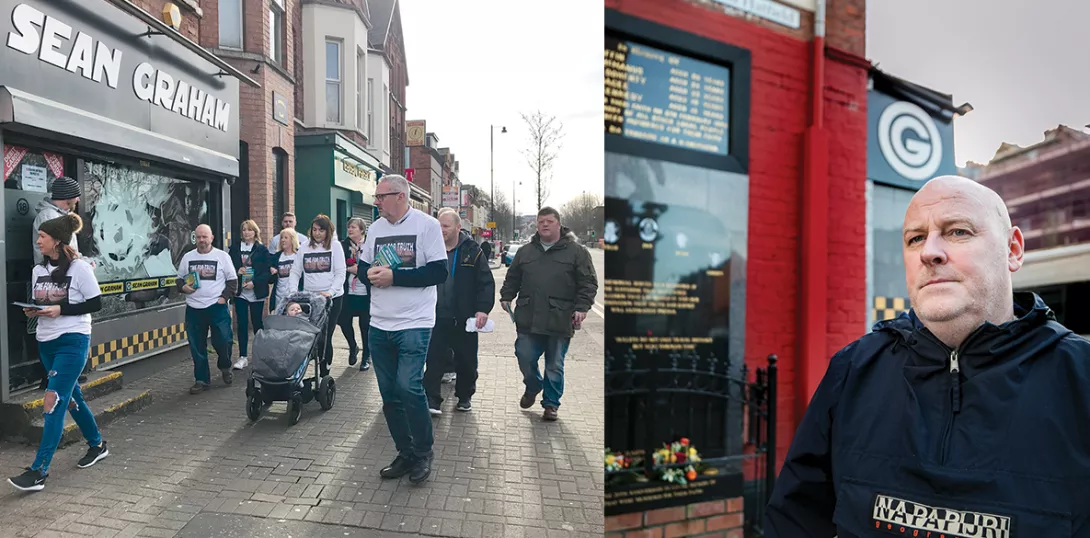
LYNDA WALKER looks at the background to present disarray in the Police Service of Northern Ireland
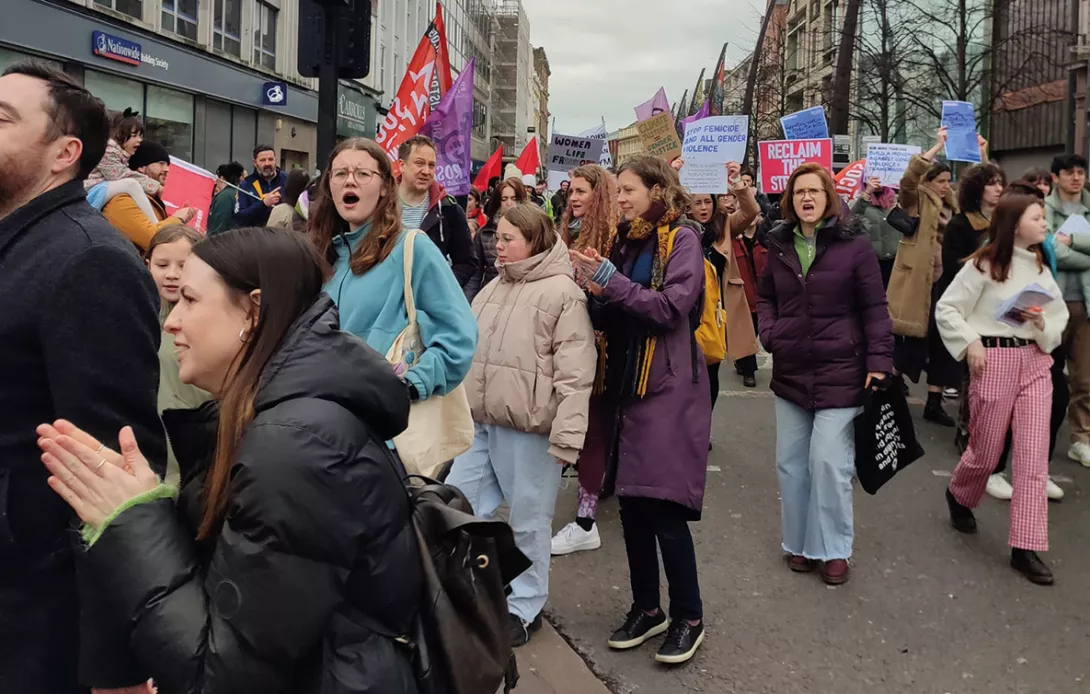
LYNDA WALKER reports on the first women’s day march in Northern Ireland in two years
Similar stories
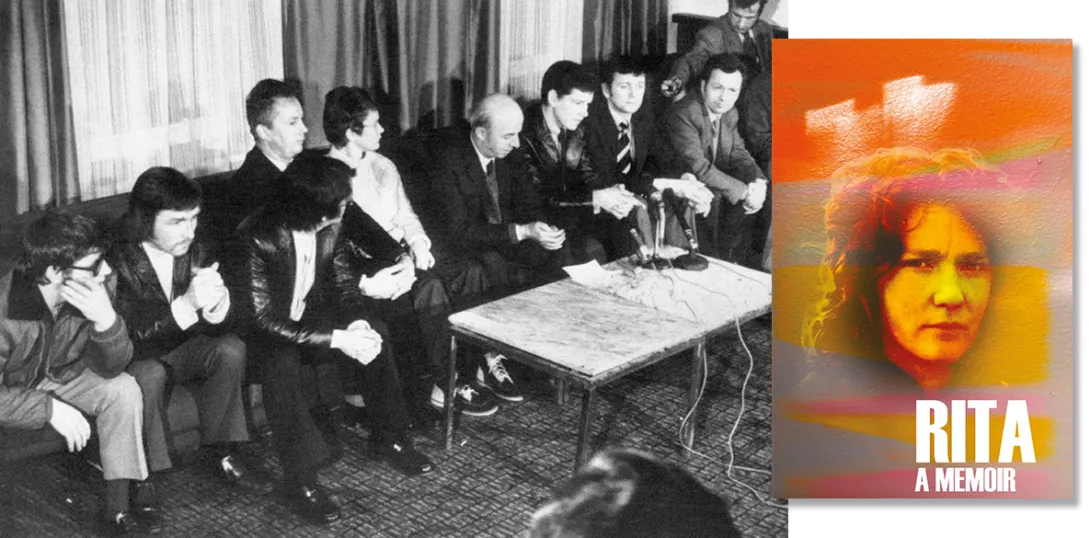
RICHARD RUDKIN recommends the extraordinary memoir of the late republican activist and politician, Rita O’Hare
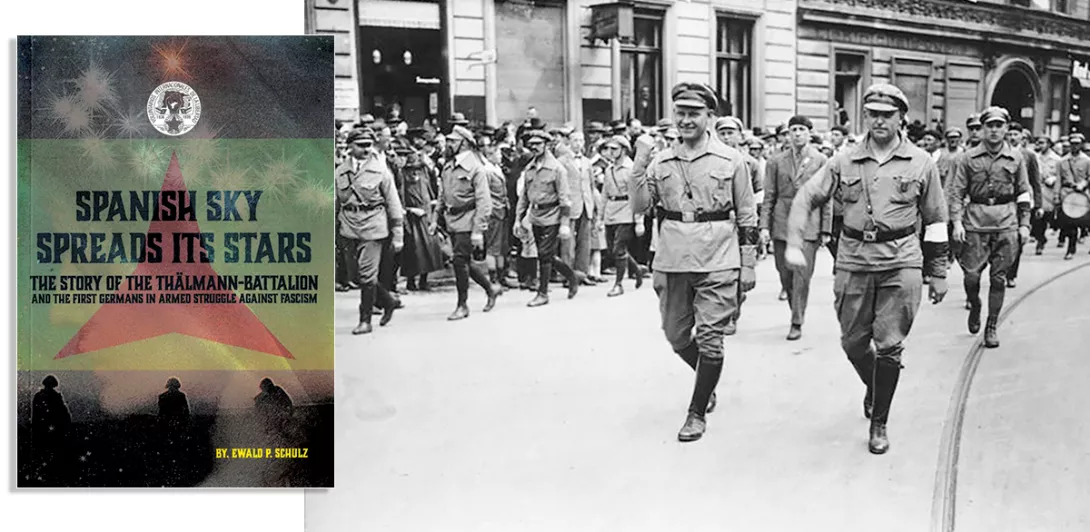
JIM JUMP draws attention to a history of the German contribution to the International Brigades, and the post-war destiny of the volunteers
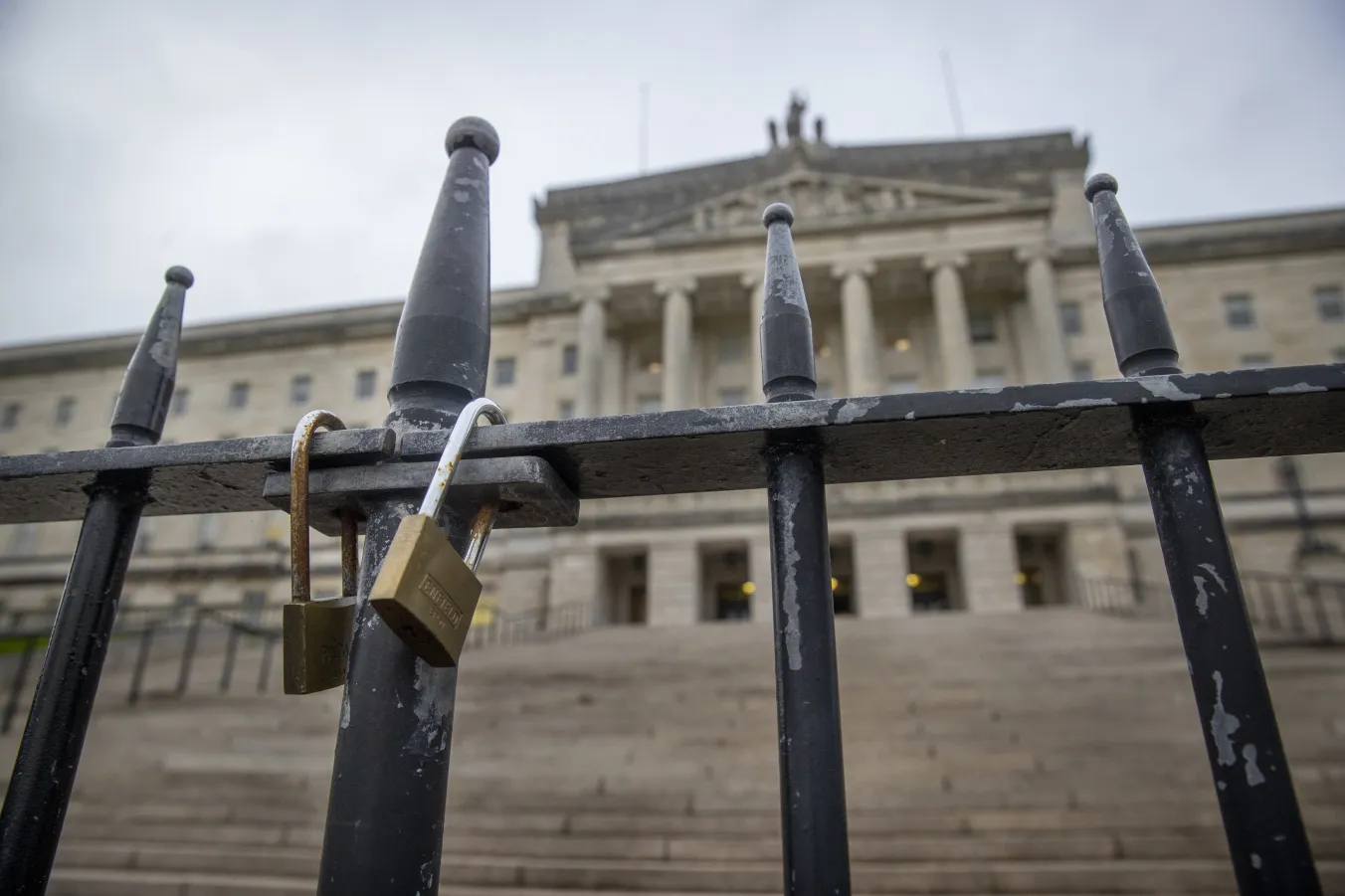
With the return of government to Stormont, and cracks showing in the political edifices of the DUP and Sinn Fein, is the door opening to an all-Ireland politics, asks NICK WRIGHT


